|
Think about this: when well-informed Americans engage in discussions about American politics, they reveal a thorough grasp of the intricate workings of the American government. They can conduct in-depth analyses on topics such as the influence of the Squad on Democratic Party policies and even assess the policy proposals of third-party candidates like Robert F, Kennedy or Cornell West. They can discuss the historical dynamics between institutions like the FBI and the CIA, noting differences between eras such as Hoover's and Mueller's leadership. Moreover, with sufficient knowledge, they can investigate the impact of financial entities like Citibank, Goldman Sachs, or BlackRock on cabinet selections and recognize the various vested interests involved, such as the appointment of people like Tom Vilsack as Secretary of Agriculture. Similarly, well-informed Brits will tell you many details on the latest drama between Labour and Tories, and Canadians may provide insights into the deeper political meanings behind actions like Pierre Poilievre eating an apple. Beyond the borders However, when asked about the politics of foreign countries, individuals tend to oversimplify, reducing complex political landscapes to singular figures. For instance, ask the average American about Russia's government, and the response often centers around Putin or Putinism. The same applies to China, where discussions typically focus solely on Xi Jinping, and the only thing they may know about the DPRK is their leader - Kim Jong Un. This oversimplification fosters a problematic "Leader = Country" mindset, perpetuated even by some "independent media," which invariably portrays leaders like Xi, Putin, and Jong Un as evil dictators. Foreign nations, like one's own, are multifaceted entities with diverse interests, power struggles, and internal conflicts. Yet, many fail to recognize this complexity. Consider how many Russian politicians you can name beyond Putin, or how many parties Russia has. How familiar are you with their backgrounds, ideologies, and roles in Russian politics? How many policies can you attribute to them? If you're struggling to answer these questions, you're not alone. So, can we deepen our understanding of geopolitics by challenging this simplistic "Leader = Country" narrative? Roughly 70% of Americans want the Biden administration to push Ukraine toward a negotiated peace with Russia as soon as possible, according to a new survey from the Harris Poll and the Quincy Institute. And for that reason, we need to understand Russian politics better. Let's explore together. Russian Political Structure There's a prevalent misconception among many people, particularly in Western countries, that Alexei Navalny was the sole opposition figure in Russian politics. But in reality, Russia's political landscape is much broader, with various opposition figures, parties, and movements operating within it. Russia's political structure is shaped by its history, culture, and unique socio-political dynamics. Since the dissolution of the Soviet Union in 1991, Russia has undergone significant transformations, particularly in its political system. Today, the country operates under a semi-presidential republic, in which the president holds substantial power alongside a bicameral legislature and various political parties are vying for influence. Let's delve into the intricacies of Russia's political structure and examine the key parties and their positions. The Kremlin's Dominance: United Russia At the center of Russian politics stands United Russia, the ruling party known for its close affiliation with the Kremlin and President Vladimir Putin. Founded in 2001, United Russia has consistently maintained its dominance in the political arena, securing significant majorities in both the State Duma (the lower house of parliament) and regional legislatures. United Russia positions itself as a centrist party, advocating for stability, economic development, and national unity. However, critics often label it as a vehicle for consolidating power under Putin's leadership, with some accusing it of suppressing opposition voices and limiting political pluralism. The Communist Party: A Legacy of the Soviet Era The Communist Party of the Russian Federation (CPRF) remains a prominent force in Russian politics and is the main opposition party. Founded in 1993 as the successor to the Soviet-era Communist Party, the CPRF espouses socialist principles, advocating for justice and the protection of workers' rights. The CPRF maintains a significant presence in the State Duma and enjoys support primarily from older demographics nostalgic for the stability of the Soviet era. It criticizes United Russia's policies as serving the interests of the elite. Liberal Opposition In contrast to United Russia and the CPRF, liberal opposition parties such as Yabloko represent a minority voice within Russia's political landscape. Founded in the early 1990s, Yabloko advocates for democratic reforms, civil liberties, and market-oriented economic policies. Yabloko's platform emphasizes the rule of law, human rights, and the decentralization of power away from the Kremlin. However, the party struggles to gain significant traction, often facing obstacles such as limited media coverage and electoral barriers. Nationalist Forces: LDPR and A Just Russia Completing the spectrum of Russia's political parties are the Liberal Democratic Party of Russia (LDPR) and A Just Russia. Despite their ideological differences, both parties share nationalist sentiments and occasionally align with the Kremlin on certain issues. The LDPR, previously led by the charismatic Vladimir Zhirinovsky, combines populist rhetoric with nationalist policies, advocating for a strong Russian state and assertive foreign policy. A Just Russia, on the other hand, positions itself as a social-democratic party, prioritizing social welfare programs and progressive taxation while also supporting Putin's presidency. Despite many socialist elements in its domestic policies, Russia today remains a capitalist country. Moscow’s foreign policy has become anti-imperialist out of necessity. After years of offensive actions from NATO, the Russian government has had no choice but to intervene to safeguard its sovereignty. Only time will tell how successful their fight with the Empire will be. Our job is to support Russia and others who oppose Western hegemony and seize the right opportunity for Socialist Revolution. AuthorSlava the Ukrainian Socialist This article was produced by The Revolution Report. Archives April 2024
0 Comments
Leave a Reply. |
Details
Archives
July 2024
Categories
All
|
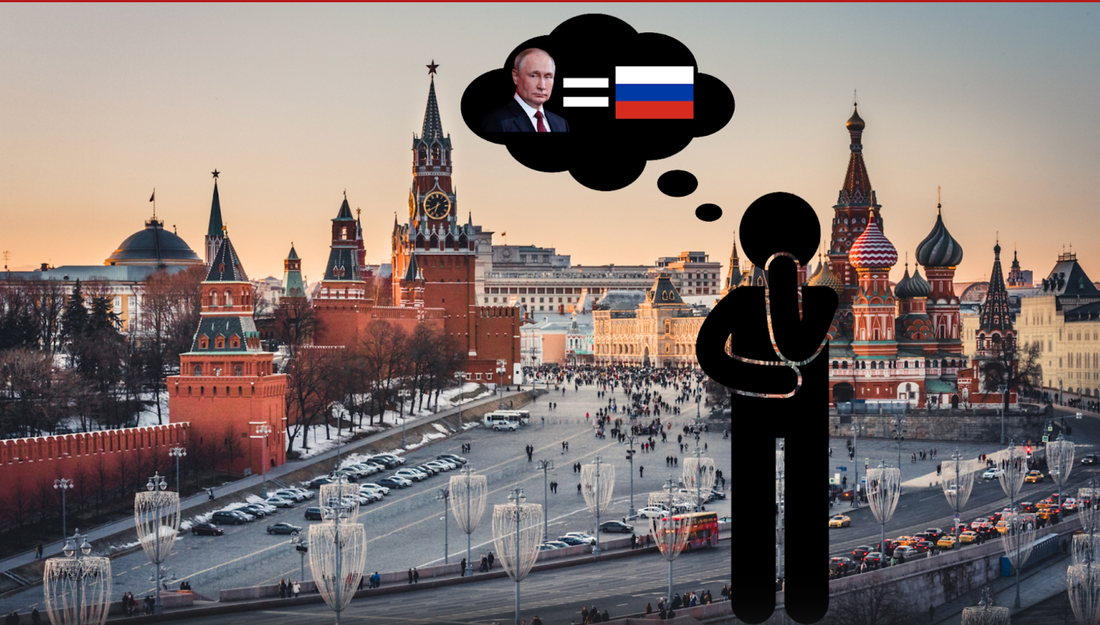
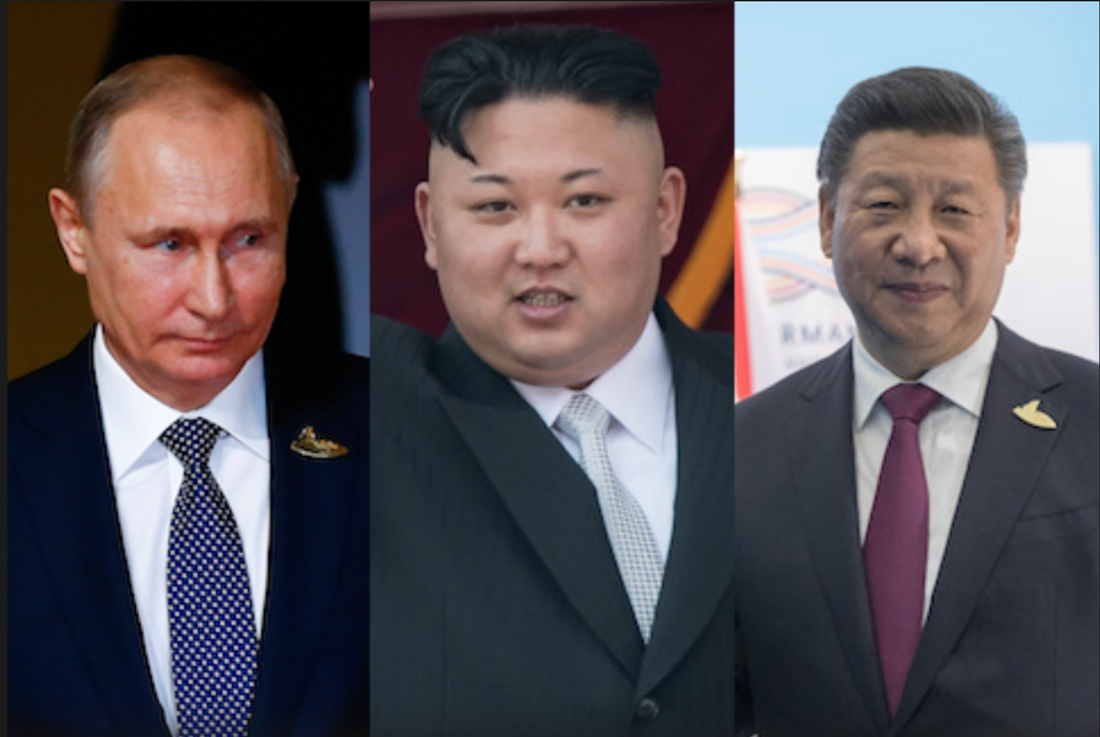
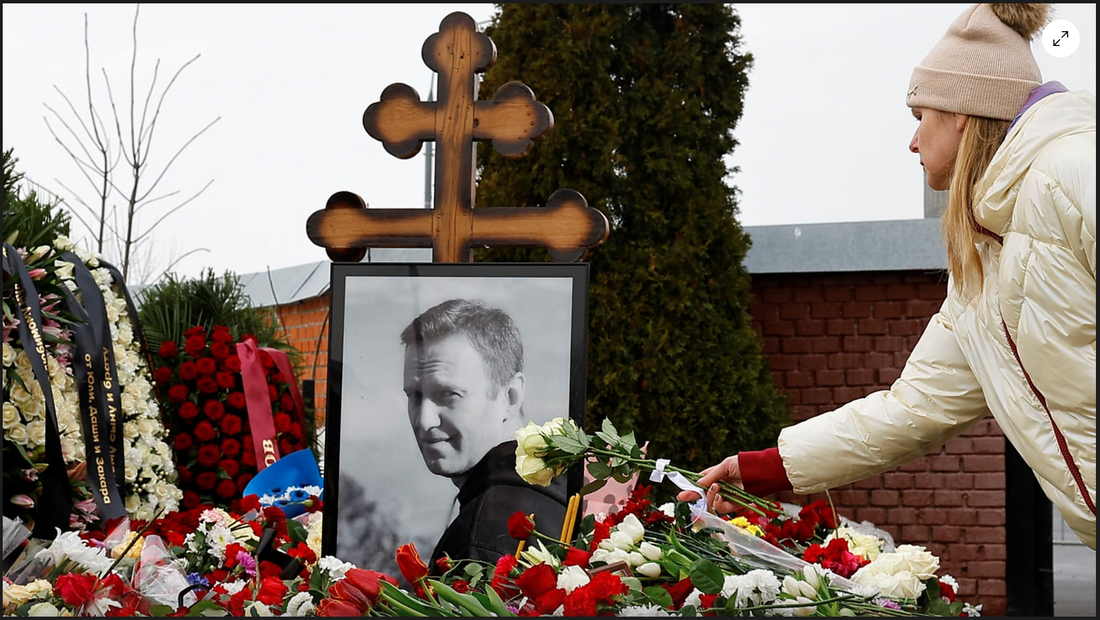
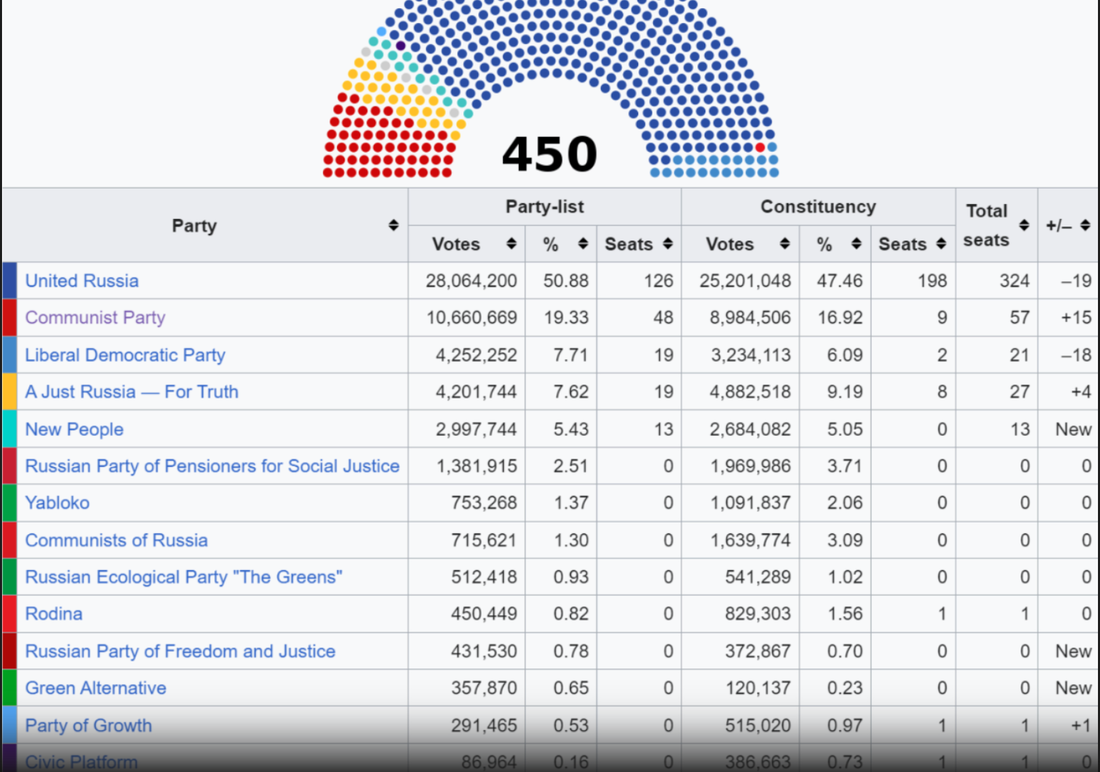
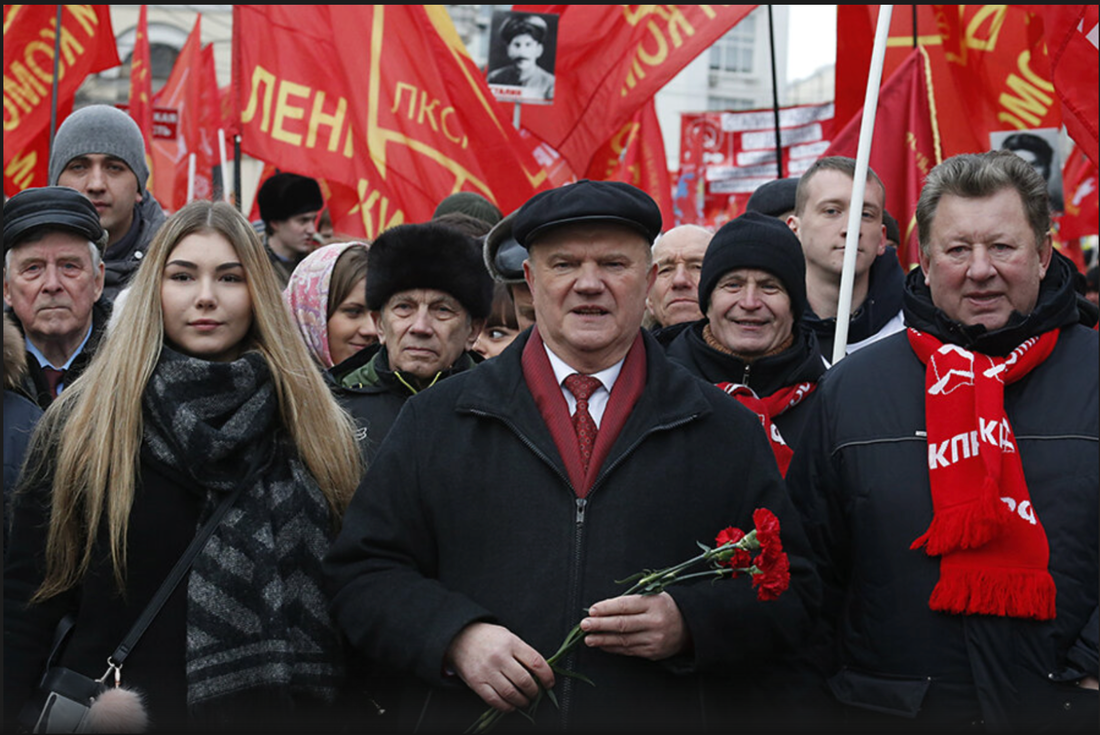
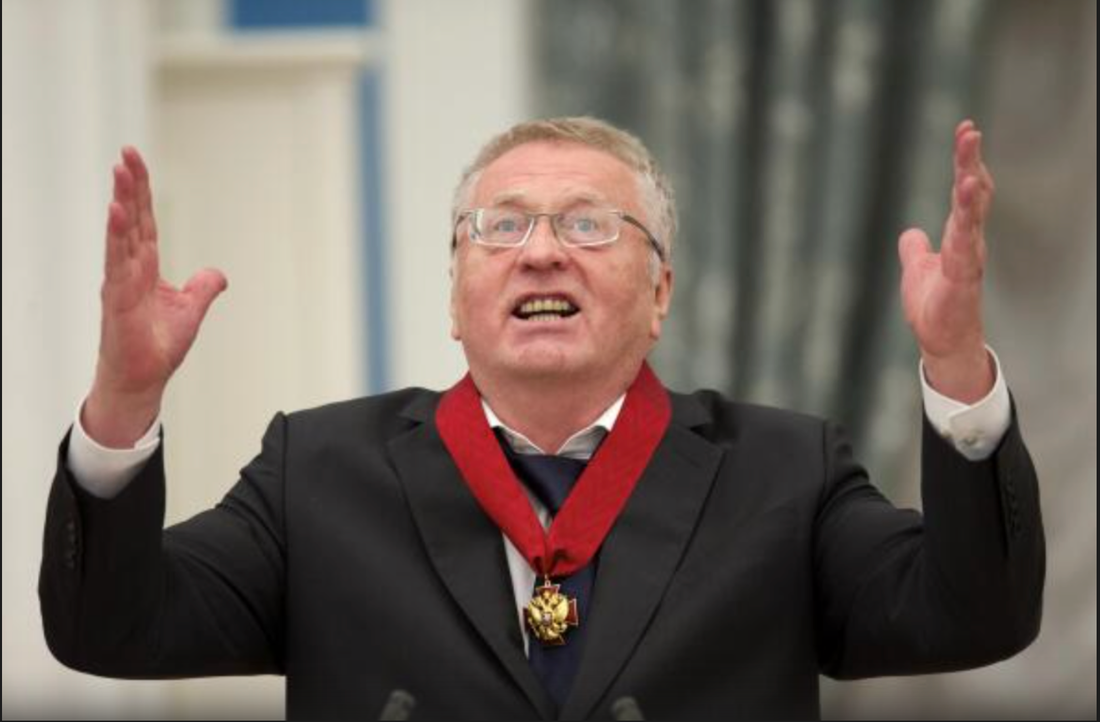
 RSS Feed
RSS Feed